
An Introduction to the Principles of Morals and Legislation
' An Introduction to the Principles of Morals and Legislation' Summary
Bentham's principle of utility regards "good" as that which produces the greatest amount of pleasure, and the minimum amount of pain; and "evil" as that which produces the most pain without the pleasure. This concept of pleasure and pain is defined by Bentham as physical as well as spiritual. Bentham writes about this principle as it manifests itself within the legislation of a society. He lays down a set of criteria for measuring the extent of pain or pleasure that a certain decision will create.
Bentham argues that certain unnecessary laws and punishments could ultimately lead to new and more dangerous vices than those being punished to begin with. He is of opinion that the concept of the individual pursuing his or her own happiness cannot be necessarily declared "right", because often these individual pursuits can lead to greater pain and less pleasure for the society as a whole. Therefore, the legislation of a society is vital to maintaining a society with optimum pleasure and the minimum degree of pain for the greatest amount of people.
Book Details
Language
EnglishOriginal Language
EnglishPublished In
1789Authors
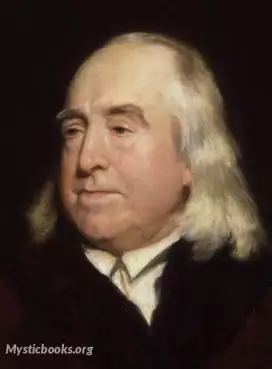
Jeremy Bentham
United Kingdom
Jeremy Bentham was an English philosopher, jurist, and social reformer regarded as the founder of modern utilitarianism. Bentham defined as the "fundamental axiom" of his philosophy the principle tha...
Books by Jeremy BenthamDownload eBooks
Listen/Download Audiobook
- Select Speed
Related books

Civitate Dei Libri XXII by Saint Augustine of Hippo
The City of God, written by Saint Augustine of Hippo in the 5th century AD, is a seminal work of Christian philosophy that responds to the accusations...
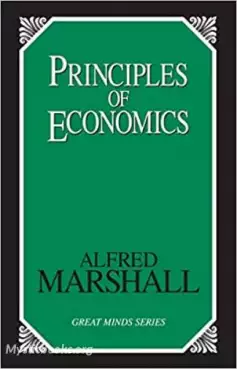
Principles of Economics, Book 1: Preliminary Survey by Alfred Marshall
Principles of Economics is a leading political economy or economics textbook of Alfred Marshall (1842–1924), first published in 1890. It ran into many...

In der Strafkolonie by Franz Kafka
In der Strafkolonie ist eine Erzählung von Franz Kafka, die im Oktober 1914 entstand und 1919 veröffentlicht wurde. Einem Forschungsreisenden wird das...
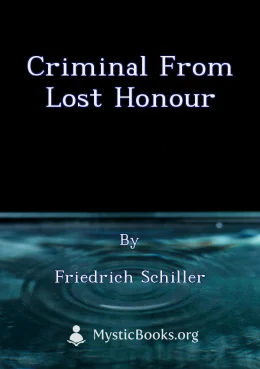
Criminal from Lost Honour by Friedrich Schiller
This short story explores the intricate relationship between circumstance, morality, and crime. Through the lens of Christian Wolf, an innkeeper who...
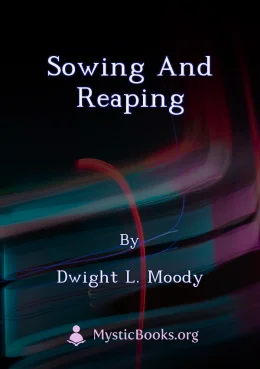
Sowing and Reaping by Dwight L. Moody
An exposition of the verse, “Be not deceived; God is not mocked: for whatsoever a man soweth, that shall he also reap. For he that soweth to his flesh...
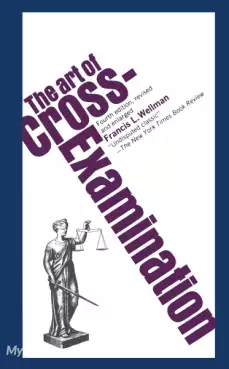
The Art of Cross-Examination by Francis Wellman
A classic text on cross-examination of witnesses, including many examples of techniques used in celebrated cases by such notable attorneys as Abraham...

Life in a Mediaeval City, Illustrated by York in the XVth Century by Edwin Benson
This book provides a concise and accessible overview of life in a large mediaeval city, using York in the 15th century as its primary example. It cove...
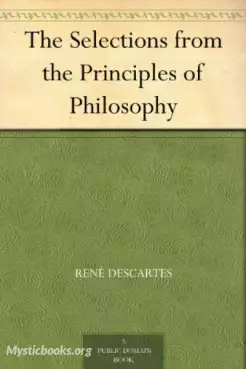
Selections from the Principles of Philosophy by René Descartes
The book sets forth the principles of nature the Laws of Physics as Descartes viewed them. Most notably, it set forth the principle that in the absenc...

The Slavery of Our Times by Leo Tolstoy
This little book shows, in a short, clear, and systematic manner, how the principle of Non-Resistance, about which Tolstoy has written so much, is rel...

Satan by Lewis Sperry Chafer
This book examines the biblical account of Satan, his origins, motives, and methods. It explores the nature of evil and temptation, and emphasizes the...
Reviews for An Introduction to the Principles of Morals and Legislation
No reviews posted or approved, yet...